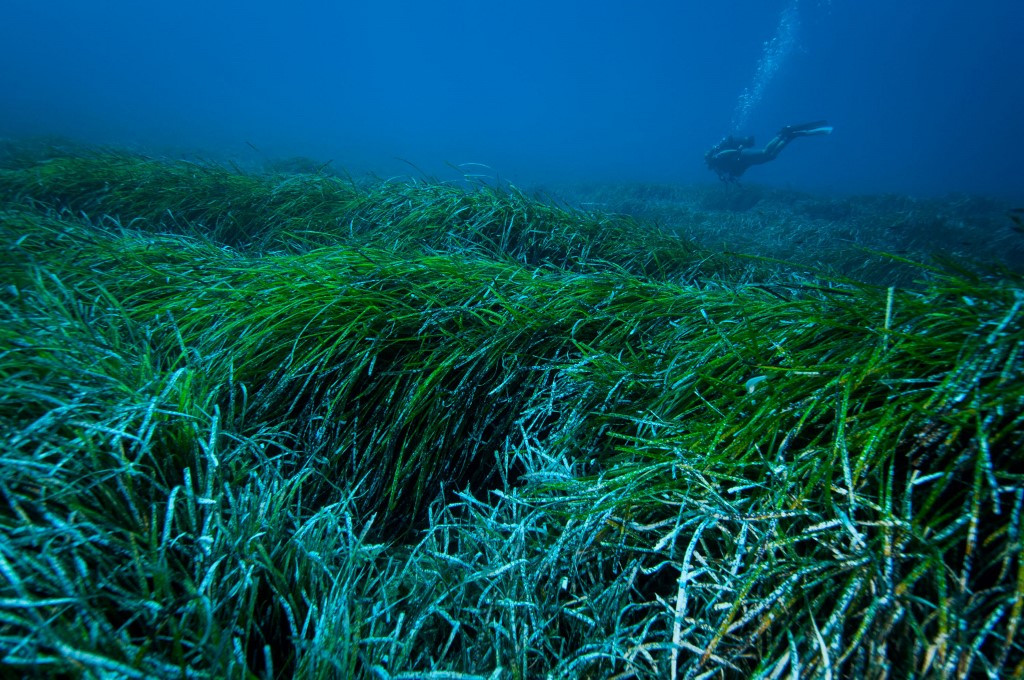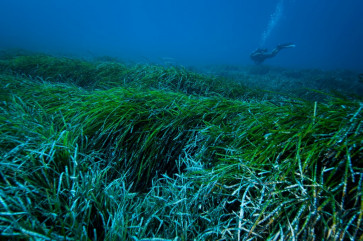Popular Reads
Top Results
Can't find what you're looking for?
View all search resultsPopular Reads
Top Results
Can't find what you're looking for?
View all search resultsFish as marine genetic resources in high seas treaty
Under Article 206 of UNCLOS, state parties are obliged to assess the effect of activities that may cause the substantial pollution of, or significant and harmful changes to, the marine environment.
Change text size
Gift Premium Articles
to Anyone
I
n 1948, F. P. Shepard wrote that much more was understood about the surface of the moon than about the vast areas that exist beneath three quarters of the Earth. After 72 years this perspective is revealed.
However, the circumstance remains the same mostly. In 2018, the National Oceanic and Atmospheric Administration of the United States Department of Commerce pointed out that more than 80 percent of our ocean is unmapped, unobserved and unexplored.
The mysteries of the deep ocean offer hidden physical, biological, chemical, geological and archaeological treasure; reasons for humankind to understand and explore the ocean dynamics and new technologies for their future. In addition, since more than 70 percent of the Earth’s surface is ocean, it constitutes the lifeblood of this planet. The ocean's future is there, on the high seas and deep ocean floor.
From March 7 to 18, member countries of the United Nations will negotiate the high seas treaty focusing on four main issues, namely, marine genetic resources, area-based management tools including marine protected areas, environment impact assessment and transfer of marine technology and capacity building. Among those issues, this article focuses on marine genetic resources (MGR).
When the UN Convention on the Law of the Sea (UNCLOS), so-called the Constitution of the Ocean, was adopted in 1982, there was no doubt that it constituted the cornerstone of international law codification. Nonetheless, UNCLOS is linked to the time it was first negotiated in 1973 and entered into force in 1994. Being itself a product of the time, this convention cannot halt the time passing.
As the nature of any legal framework of the ocean, it would be wrong in any sense that it would be the end of legal process, as it is subject to a process of natural evolution and progressive development involving state practice and technological development.
Some legal gaps remain as the advance in technology and the need to manage and use sustainably biodiversity beyond national jurisdiction follows. Part XII of UNCLOS needs to be supplemented with a more detailed arrangement of effective conservation of marine biological diversity.



















